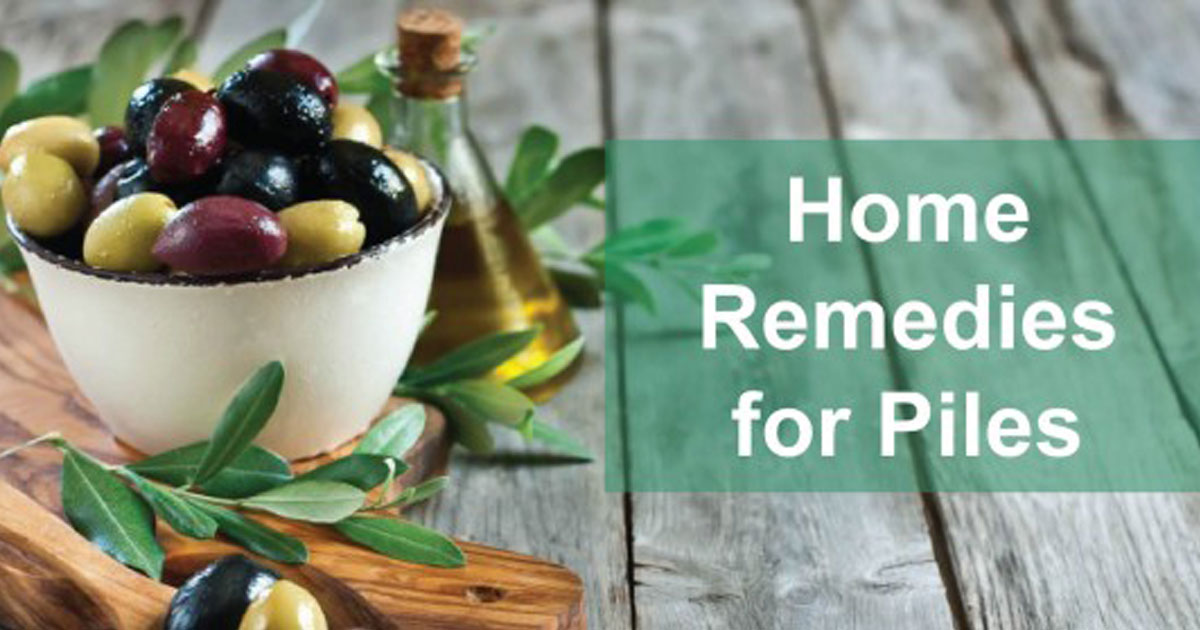Best Food to Eat When You Have the Hemorrhoids

Introduction
Medically reviewed by
Dr. Shuddhatam Jain
Hemorrhoids or piles are a common though serious occurrence. This can be of two types — internal and external piles. In internal piles, there is bleeding with the bowel movement and in external piles, the area around the anus and rectum gets inflamed and pains. You’re forced to strain excessively during a bowel movement and at times passing stool becomes a painful experience as stools are sometimes accompanied by blood.
Foods to Eat When Suffering From Haemorrhoids
Since one of the common causes of hemorrhoids is constipation, so a few changes in the foods you eat and the liquids you consume help determine the nature of your stools. For most people adding 25-30 grams of daily fiber intake makes the stools softer, making it easy to pass them out. Fiber is of two types soluble and insoluble. Found in foods like oats, soluble fiber with water becomes mushy and a gel-like substance which aids the digestive process. The second type of fiber is insoluble or roughage adding bulk to your stool and balances the chemistry in your intestines to keep things moving through your system. Remember not to add too much fiber too quickly as this can cause gas and bloating, so add little bit to your diet at a time. It is also important to drink 8-10 large glasses of liquids per day to keep all this fiber moving through your system.Also avoid sitting for long periods of time, and adding 20-30 minutes of moderate daily exercise.
Foods to embrace
Whole grains :-
Whole grains are fiber rich, options include brown rice, oats, quinoa, barley, rye and whole wheat bread. Avoid white flour, pasta, biscuits and white rice if you’ve had hemorrhoids due to constipation. Eating fiber will make stools softer and reduce the pain while passing stools.Veggies and fruits :-
You can't go wrong with plant foods, the fresher the better is for digestion. The greens are an excellent source of antioxidants. Eat the leaves, stalks, and roots of vegetables as they have fiber. You can eat the peel and skins of cucumber peels and potato for an excellent source of fiber along with green peas, cauliflower, broccoli, spinach, tomatoes, carrots, and dark and green leafy vegetables have a fiber boost. Avoid cooking to the point that their color fades. Fruits are loaded with antioxidants, nutrients, vitamins and minerals. Eat apples, pears and plums with the skins, as this will give you the insoluble fiber, as well as compounds called flavonoids that can help regulate proper bowl movements and control hemorrhoid bleeding. Banana needs a special mention as it reduces inflammation of the veins in the anal and helps in passing stool. It is also antibacterial so prevents further infection and damage. Colorful and flavorful fruits like peaches, berries, apricots, oranges, papaya and plumbs will add fiber intake and prevent flare-ups or recurrence. A serving of fruit is often good for at least 10% of your daily fiber, usually 3 to 4 grams. A cup of leafy greens will get you 4 to 5 grams of fiber. While some veggies and fruits are more than 90% water like cucumbers, celery, bell peppers, and watermelon.Beans, Lentils, and Nuts :-
Beans, lentils, and nuts are fiber-rich foods. Just 1/2 cup of beans -- such as kidney, gram, lima, or black beans -- will cover about a third of your daily goal. It will have between 7 and 10 grams of fiber (both soluble and insoluble). Incorporate fiber-rich seeds like chia, ground flax seeds, and psyllium into your diet. Snack on walnuts, almonds, pistachios, hazelnuts, peanuts, pecans, dates, figs, apricots and macadamias as they are high in fiber. Plus they have strong anti-inflammatory properties to minimize tissue swelling.Clear Broths, herbal teas :-
Sip clear chicken bone broth for relief as it is a high source of protein and strengthens intestinal walls and reduces swelling. Different kinds of herbal teas like dandelion and mullein helps soothe irritation, decrease inflammation, and reduce bleeding.Yoghurt :-
Yoghurt is one of the best foods for maintaining intestinal health as it reduces constipation and reduces haemorrhoid pain.Water :-
The perfect diet for piles should include a lot of water as makes stools soft and increases the volume of stool. Water also prevents dehydration and we suggest that you have at least 3 litres of water every day.Food to Avoid :-
What not to eat in piles is a common question that many people have. Some of the foods to avoid for piles are :-Why talk to Us?
We at FirstCure have top doctors equipped with most advanced procedures at guranteed lowest cost. We will assist you at every step from booking consultations, second opinions, arranging diagnostic tests, insurance approvals and related paperwork, admission to discharge and post surgery follow up consultation.